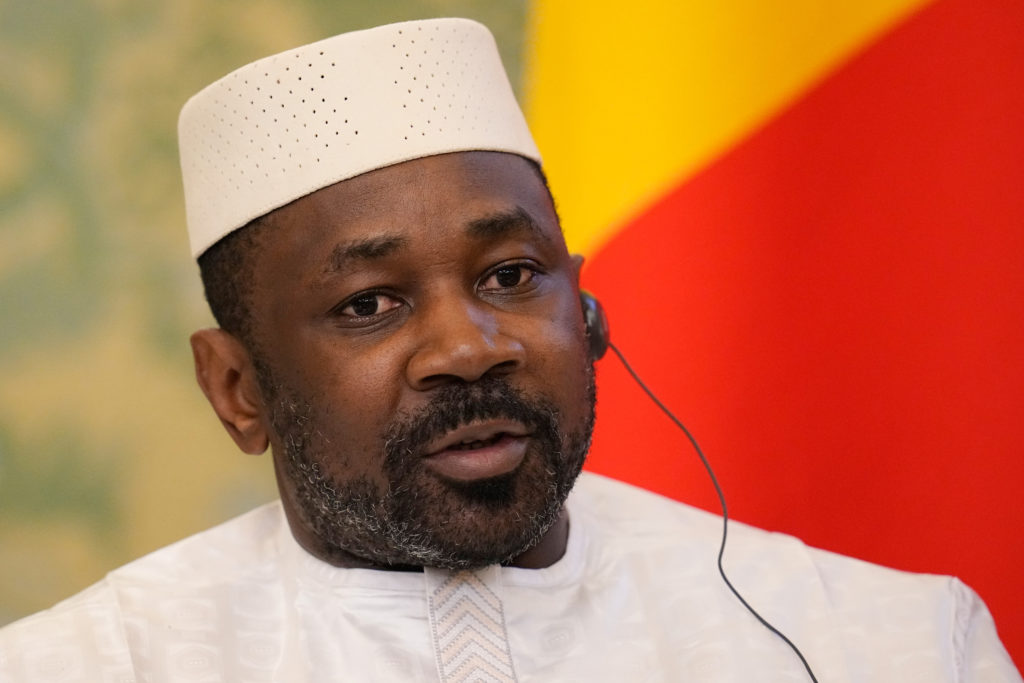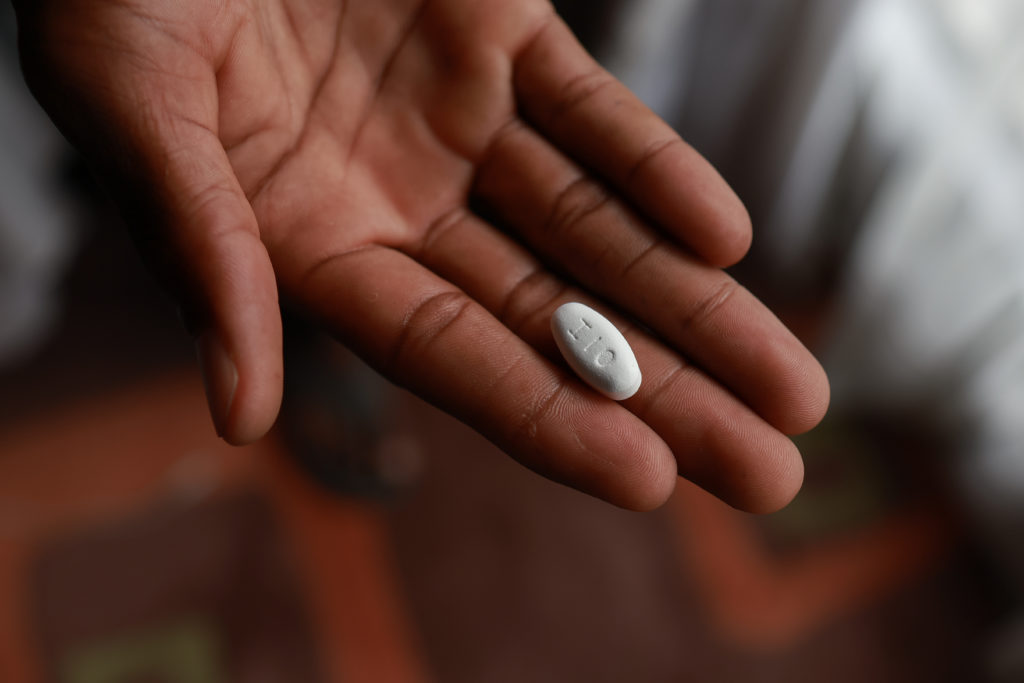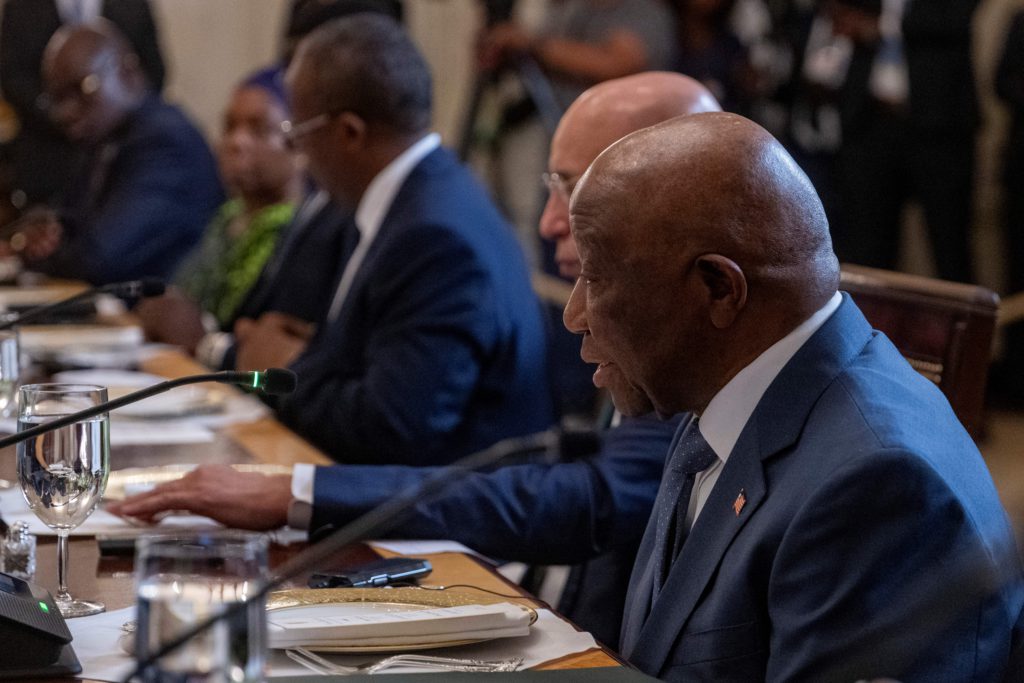Halcyon times: ANC supporters wait for Nelson Mandela at an election rally in 2006
Founded more than a century ago, the African National Congress (ANC) led the struggle that toppled apartheid and went on to govern South Africa continuously after the transition to democracy in 1994.
The venerable but troubled party gathers on Friday for a five-day conference during which it will elect its leadership.
Key dates in its history:
– 1912: Founded –
The South African Native National Congress was founded in 1912 in response to discrimination against blacks in the Union of South Africa — a self-governing dominion of the British empire created two years earlier.
It changed its name to the ANC in 1923.
– 1952: Defiance –
After the white-minority National Party government institutionalised the apartheid system in 1948, the ANC organised its first mass “Defiance Campaign” in 1952.
Tens of thousands of blacks broke curfews, burned their “passbook” identity documents and entered whites-only areas.
– 1960: Banned –
In 1960, police opened fire on a demonstration against passbooks, killing 69 people in what became known as the Sharpeville Massacre.
The government then banned the ANC, which went underground.
The following year, Nelson Mandela created the ANC’s military wing, Umkhonto we Sizwe (Spear of the Nation), which launched an armed struggle against apartheid.
– 1964: Leaders jailed –
Mandela, Walter Sisulu and other ANC leaders were jailed for life in 1964 for sabotage and conspiracy.
The ANC continued to fight apartheid in exile, and allied itself with the Soviet bloc.
– 1985: Secret talks –
By the mid-1980s, South Africa was deadlocked, its economy under growing pressure and the white-minority regime increasingly isolated.
Despite the regime’s public stance of rejecting the ANC, it began secret talks in Zambia in 1985 with the movement’s leadership in exile, regarded by most capitals around the world as the black majority’s legitimate representative.
– 1990: Unbanned –
The new president F.W.
de Klerk unbanned the ANC in 1990, releasing Mandela and other political prisoners.
Mandela became ANC president the following year.
Negotiations started and in 1991 parliament abolished the remaining apartheid laws.
– 1994: ANC in power –
The first all-race elections were held on April 27, 1994, with the ANC winning 62.6 percent and Mandela becoming South Africa’s first black president.
Thabo Mbeki took over in 1999 but his two terms were tarnished by allegations of abuse of power and denial about the AIDS epidemic ravaging the country.
– 2009: first Zulu leader –
The ANC compelled Mbeki to resign in 2008, before the end of his second term, amid a power struggle with party leader Jacob Zuma.
The ANC won 2009 elections by 65.9 percent and Zuma became the first president from the Zulu ethnic group.
– 2016: election setback –
In its worst-ever election result, the ANC took less than 54 percent of the vote at 2016 municipal polls.
– 2018: Zuma ousted –
After a nine-year presidential term marked by corruption scandals and an economic slowdown, Zuma was forced to resign by the ANC in 2018.
He spent two months in jail in mid-2021 for refusing to testify before a commission investigating corruption during his presidency.
He was released on medical grounds.
He was replaced by his deputy, Cyril Ramaphosa, who vowed to tackle state corruption. But amid party in-fighting corruption scandals continue to dog the ANC.
– 2019: Ramaphosa elected –
Struggling with unemployment, corruption and widening inequality, the ANC lost ground in 2019 legislative elections but maintained its absolute majority in parliament.
Ramaphosa therefore remained president.
In 2021 local elections, the ANC for the first time in its history dipped below the 50 percent bar.
– 2022: Damning report –
In June 2022, investigators determine after a four-year probe that the ANC under Zuma “permitted, supported and enabled corruption and state capture.”
By November, Ramaphosa seemed firmly ahead in the race to elect the ANC’s top leaders at the year-end conference.
But his image then received a hefty blow over allegations he concealed a huge heist of cash in foreign currency at his luxury ranch.
A special panel said there is enough evidence to warrant a parliamentary debate on removing him.
On December 13, Ramaphosa survived a vote in parliament on whether to initiate impeachment proceedings, as the ANC defeats the motion by 214 votes to 148.











